
Creative Branding Ideas for Office Interiors
Creative Branding Ideas for Office Interiors
Written by Chicago Office Movers on . Posted in Office Moving, Office Renovation
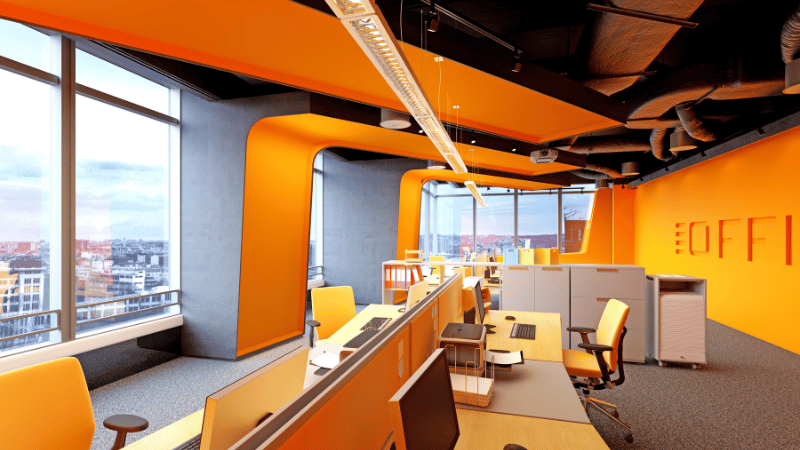
Branding is most recognized in a company’s marketing and advertising. But creative branding is also important to a business’s physical space. Colors, fonts, and logos create visual appeal in the office interior, spreading the brand message and core mission far and wide.
What is branding?
Whether the business is a small startup or an established corporation with worldwide recognition, branding plays an important role. Customers, competitors, and the community perceive the company through the unique lens of branding. Creative branding shapes their perceptions and sets the company’s trajectory.
A business’s identity is showcased through its name and logo, choice of design and colors, mission, core values, and tone. Other aspects of branding include the uniqueness of the products, the level of quality customer service, and even the pricing strategy the company employs.
The company’s creative branding extends to their office interior. Employees and visitors are given an inside look at where the creative juices start when they enter a business that has made the space their own. Staff also feel like a part of the team when the office is branded.
What are the benefits of office branding?
An office space with the company colors on walls, furniture, and décor improves employee morale. Brand visibility also increases among visitors who associate the visual intrigue with a positive experience. Office wall graphics can easily become backdrops for social media posts and other marketing.
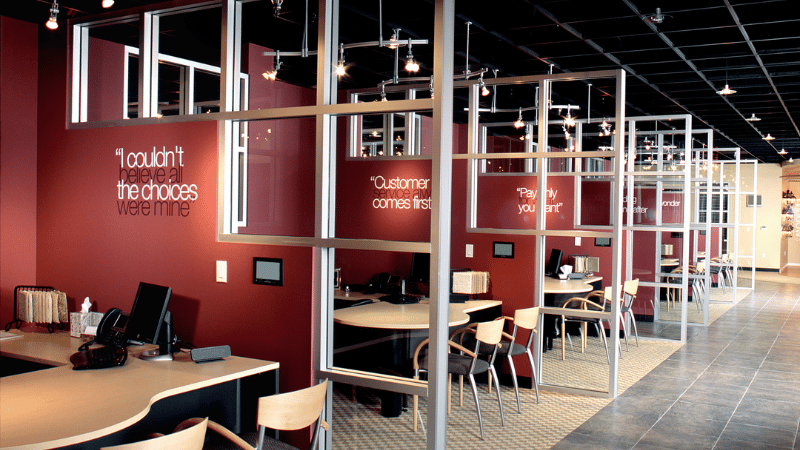
What are creative solutions to branding issues in office interiors?
1. Showcase the Company Logo
A vibrant, updated logo with the company colors is the starting point for branding the office. The logo should be displayed prominently in the office building, ready to be viewed and appreciated by the visitors, partners, and staff who see it immediately upon entering.
2. Create a Branded Wall
Branded walls are achieved with the help of graphics. Easily customizable and installed, office wall graphics can be placed on the walls to create a focal point and simultaneously incorporate visual branding. Use the company colors and logo to create eye-catching designs.
3. Employ Zoning Techniques
Zoning techniques can be used to distinguish one office space from another. For example, install a tranquil ocean print on the lunchroom wall to promote relaxation. The meeting room might feature a frosted wall to promote privacy. Add visual intrigue to the lobby with abstract prints.
4. Reinforce Brand Identity with Décor
Gift office employees branded coffee mugs to help them feel they are a valuable part of the team. Consider distributing branded pens, soft touch notebooks, or custom sticky notes, too. Custom wall art also helps reinforce the brand identity, creating visual and emotional cohesiveness.
5. Revitalize the Space with Nature
A company that prioritizes sustainability might enhance their office branding with green practices. Living walls filled with plants showcase the company’s commitment to the environment, while adding vibrancy to the communal workspace. The company’s eco-friendly values and office interior immediately align.
6. Promote Company Celebrations
Custom infographics are an ideal way to inform employees about various company events, from new product rollouts to team-building trips. Branded images are effective when the business hits benchmarks or closes major deals. LED walls, SEG graphics, and glass clings deliver uplifting messages creatively.
7. Design the Interior with Branding
One of the best ways to enhance branding inside the office is to incorporate the company colors, fonts, and logos in the interior design. A company that sells guitars, for instance, might feature guitar-themed acoustic paneling on the conference room walls paired with fun, bright yellow chairs.
The headquarters of a coffee shop might infuse their office space with playful décor. For instance, the offices might be designed to look like the interior of one of their locations, with cozy chairs, coffee jar décor on the shelves, and the colorful company logo in the center.

8. Prioritize High Traffic Areas
Certain areas in the company benefit from more focused branding. The reception or lobby area, for instance, should receive red-carpet treatment, simply due to their high level of visibility. If meeting rooms are used frequently, ensure branding is front and center in these areas, too.
Proactive branding should be an integral part of every company’s interior office design. By utilizing the abovementioned solutions to creative branding issues, businesses show their employees, customers, partners, and visitors that they prize their team and the work they do.
Every inch of the workplace ideally reflects the company’s brand. The interior office itself, from the lunchrooms to the conference rooms and the lobby, should genuinely showcase the company culture. A thoughtfully branded space helps create a memorable brand experience for everyone.
When your office interior could use an upgrade, renovations may be necessary. Chicago Office Movers is ready to help you achieve your goal. Our office moving crews will carefully move heavy furniture, uninstall equipment, and move office goods to a new building so that your renovation can get underway.
In preparation for your exciting renovation project, our moving professionals pack and label boxes, clear out appliances and equipment, and pack the moving truck. Since we’re connected with organizations that accept or discard old furniture, we can properly eliminate unwanted possessions.
However, if your company intends to relocate to an entirely different space, Chicago Office Movers can transport your goods with our dependable corporate relocation services. We take care of the move from start to finish, including planning, packing, moving, and unpacking at the destination.
Business customers enjoy a wide range of conveniences. We offer short- and long-term storage options, add-on services and insurance and service contracts. Crews are licensed, trained, and background-checked to give you confidence. We’ll move your company locally, long distance, or internationally.
Chicago Office Movers is the preferred commercial mover for Chicagoland businesses. Our affordable rates, excellent customer service, and careful handling of your possessions earns us awards and high ratings. Schedule your upcoming corporate move by calling our Elk Grove Village, Illinois, office today.
Contact Us
Related Services
- Corporate Moving
- Commercial Moving
- Reliable Commercial Storage
- Specialty Commercial Moving
- Furniture Assembly
- Movers for Office Renovation
- Machinery Moving
- Library Moving
- Lab Moving
- Server Room Moving
- Office Movers in Rosemont, IL
- Commercial Moving in Bolingbrook, IL
- Commercial Movers in Naperville, IL
- Commercial Movers in Des Plaines, IL
- Commercial Moving Services in Aurora, IL
- Schaumburg Office Movers
- Commercial Moving Services in Oakbrook, IL
- Commercial Movers in The North Shore
- Elk Grove Village Commercial Movers
- Furniture, Fixtures and Equipment Services
- Moving Company in Lincolnshire, IL
- Professional Movers in Downers Grove, IL
- Moving Company in Chicago, IL




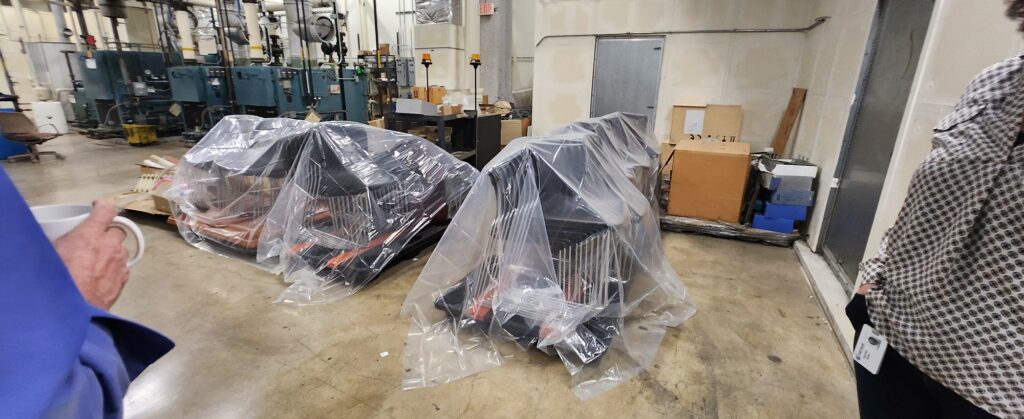
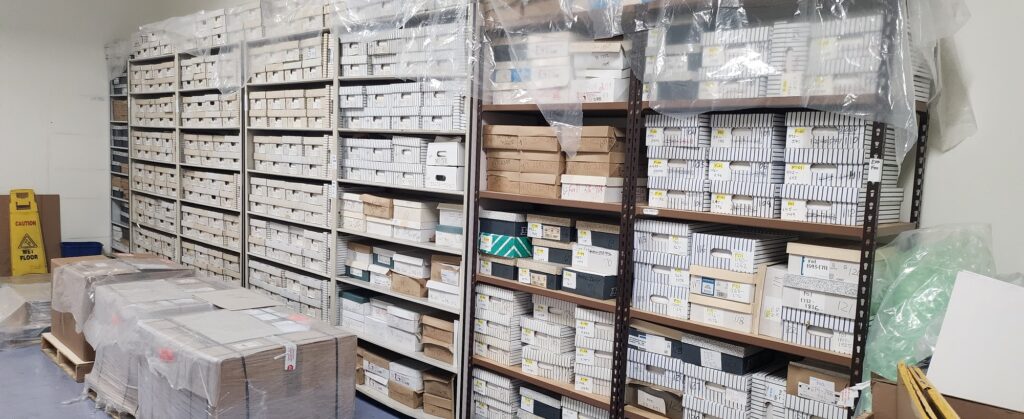

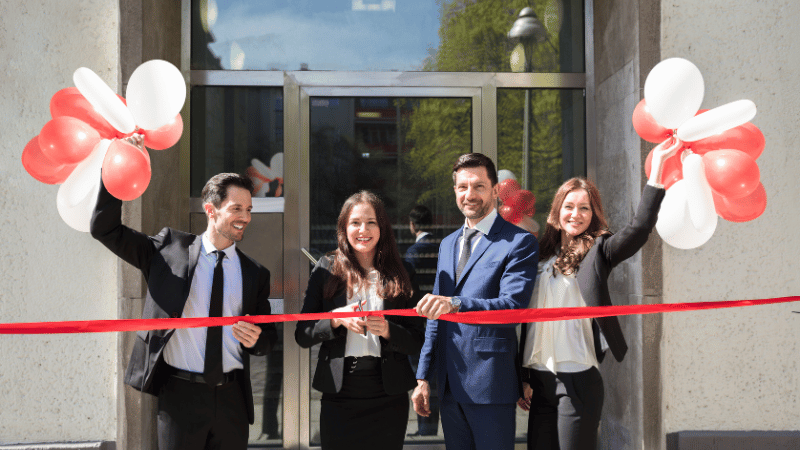
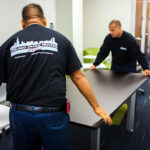
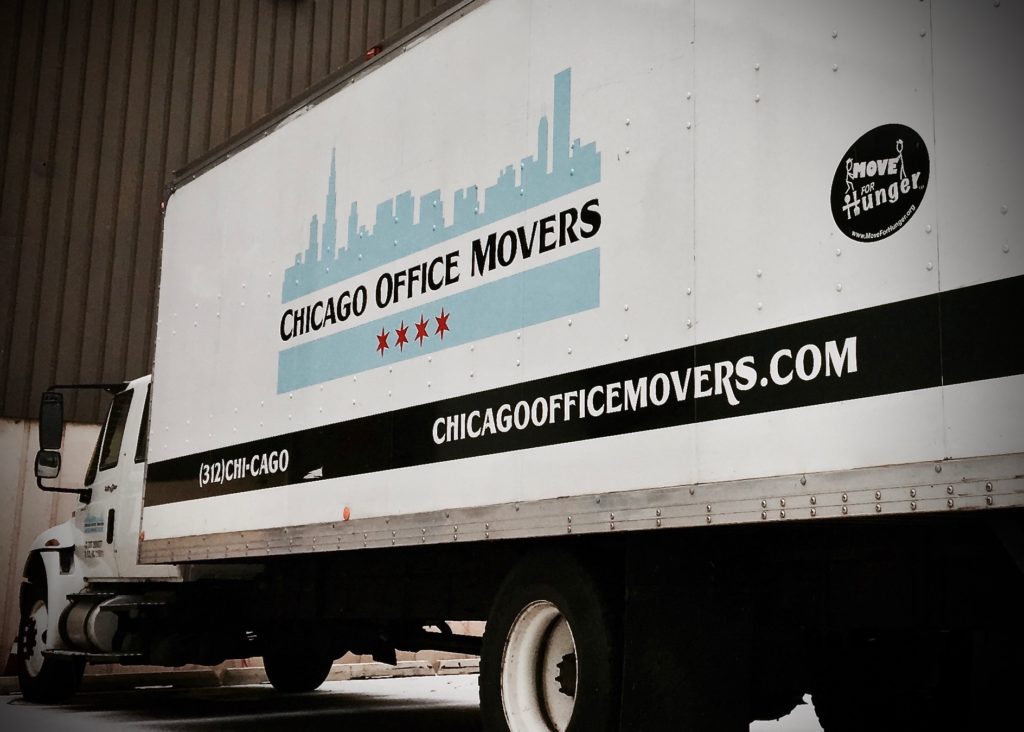
 Companies large and small trust us for our many conveniences that make their corporate relocation easier. Among our offerings are short- and long-term storage facilities, paperwork storage, insurance and service contracts, and a free estimate. Our specialists can also help you plan the office relocation.
Companies large and small trust us for our many conveniences that make their corporate relocation easier. Among our offerings are short- and long-term storage facilities, paperwork storage, insurance and service contracts, and a free estimate. Our specialists can also help you plan the office relocation.


